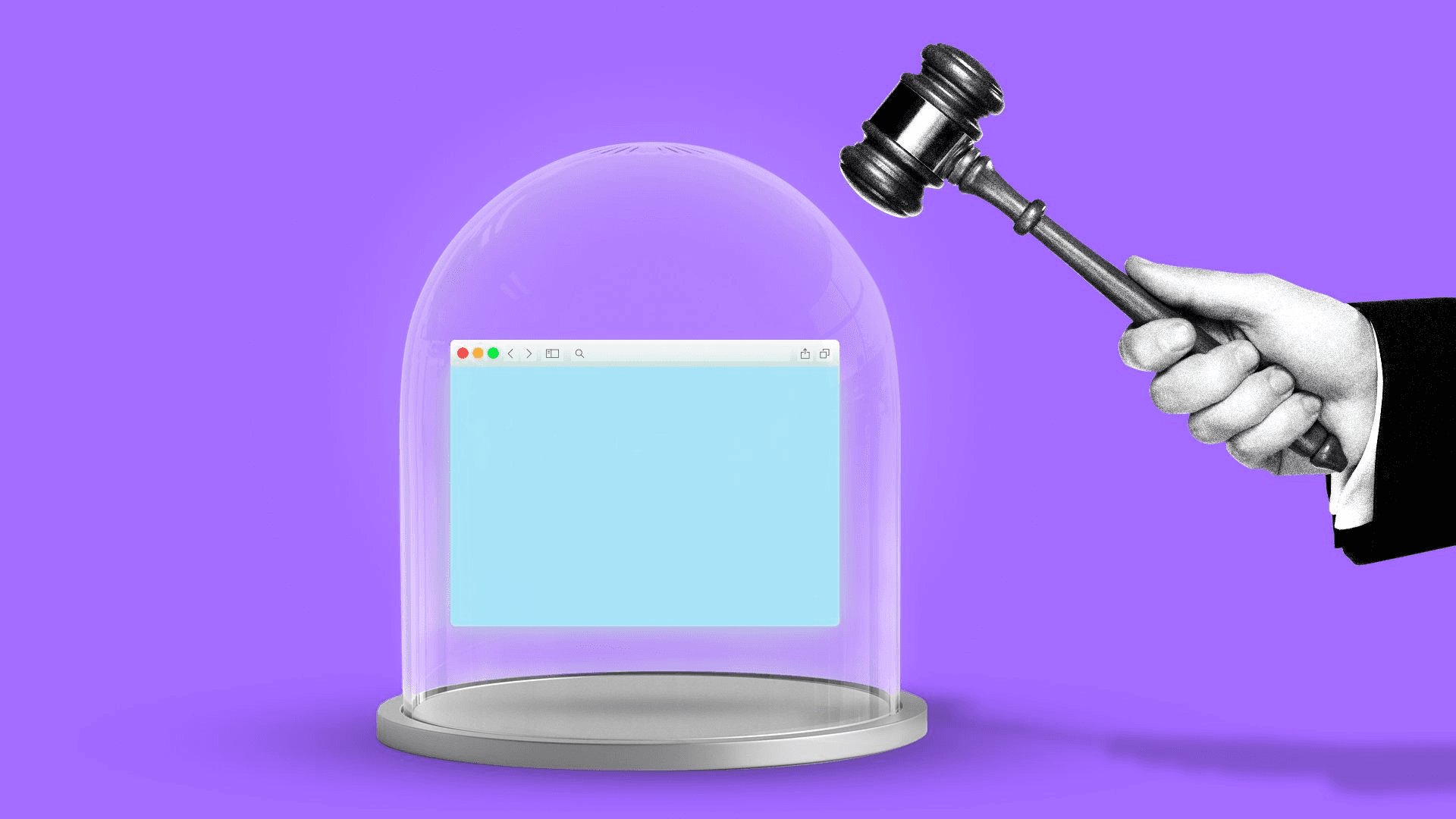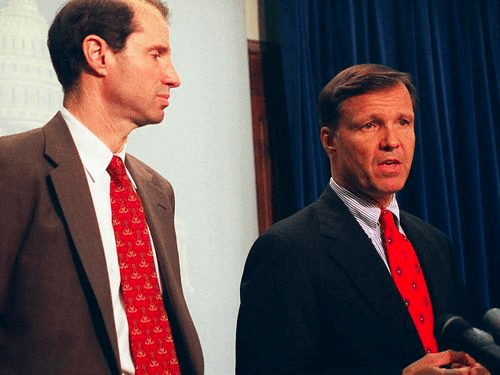Introduction
Basics of Section 230
Section 230 of the Communications Decency Act states: “No provider or user of an interactive computer service shall be treated as the publisher or speaker of any information provided by another information content provider.” Essentially this means that social media platforms cannot be held liable for content posted by users. This provision is important for social media companies because it is impossible for them to police all content posted to their sites. The debate surrounding Section 230 revolves around whether social media companies taking responsibility for policing content disqualifies them from Section 230 protections.
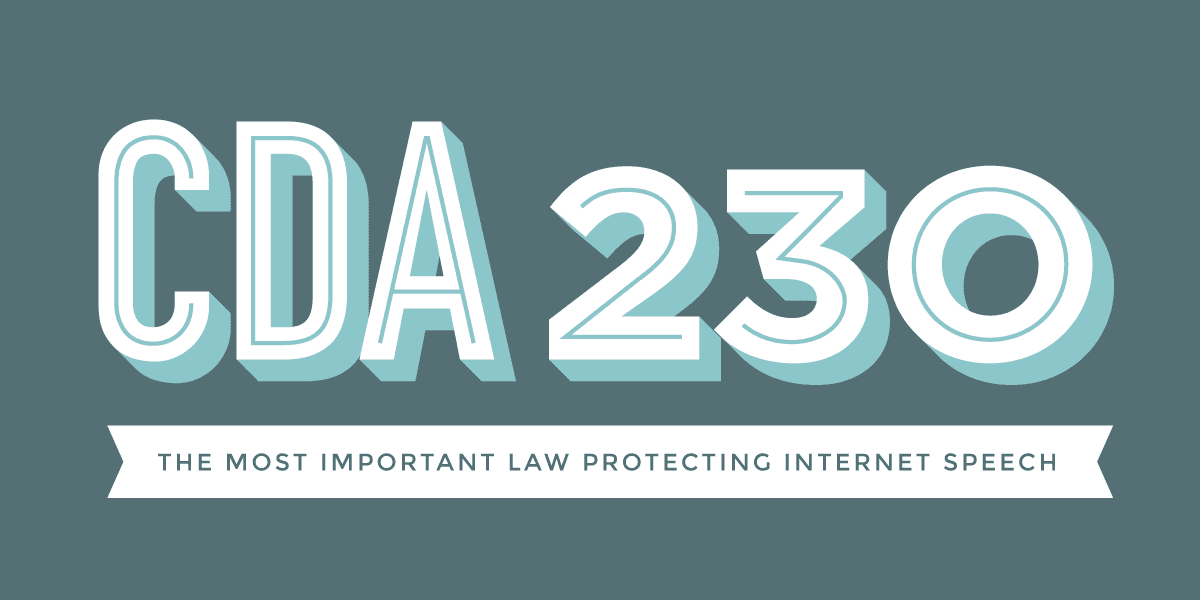
Proponents of Section 230 argue that social media sites are private businesses that can remove whatever content they please since the Constitution does not prevent private entities from restricting speech. Social media companies will argue that moderating content is necessary to filter out inappropriate content for children and advertisers. Without Section 230 protections, people could sue social media sites for failing to remove graphic or illegal content rather than the person who posted it. The existing liability shield allows social media companies to remove content that violates their policy, just as small business owners can remove guests for violation of a “no shirt, no shoes, no service” policy.
The Debate
“No provider or user of an interactive computer service shall be treated as the publisher or speaker of any information provided by another information content provider.” These twenty-six words have defined the internet legal landscape for decades. As the Democratic Party continues to push social media companies to stop the spread of misinformation, the Republican Party sees those steps as tyrannical crackdowns on conservative content. Republicans argue that social media companies act as publishers of left-leaning news rather than hosts for everyone.
Some Republicans, as well as President Barack Obama, argue that social media sites operate as publishers. Essentially, this means that these organizations choose what users can or cannot upload to their platform. Many conservatives argue that social media ToS agreements unfairly target right-leaning content. For instance, Twitter’s ToS states you cannot directly attack gender identity. As a result, Twitter could censor a conservative that does not believe gender identity exists.
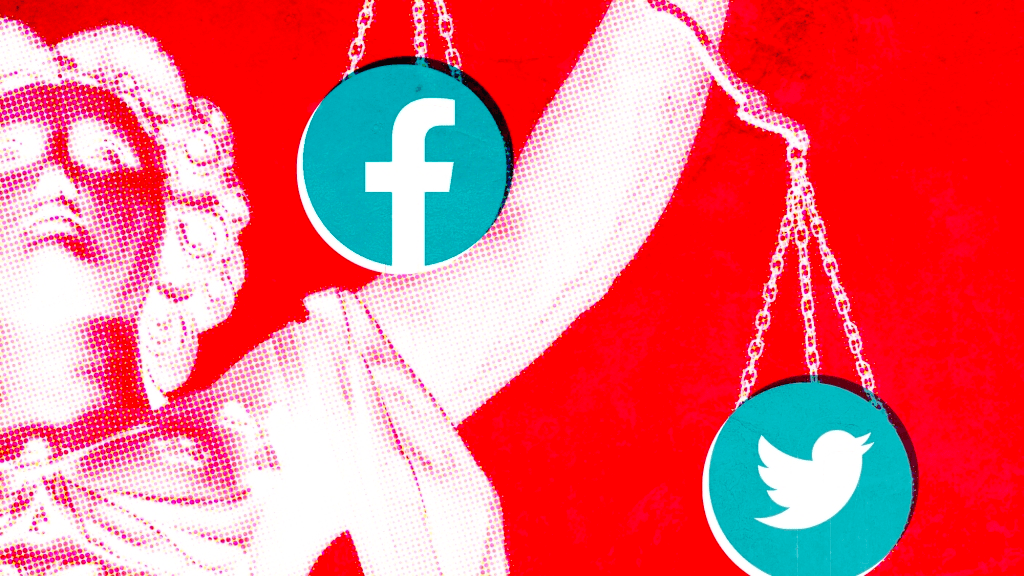
Both parties can agree that some reform is necessary: lawmakers wrote Section 230 before social media’s popularization. Some have suggested that officials should reform social media companies into public utilities. This change would shield the companies from legal disputes while allowing all content to exist on the platforms. However, it would legally instate the current social media landscape as the de facto system. Others have suggested letting the free market decide if social media companies that block content survive. In the same way that Facebook overtook Myspace, proponents of free markets suggest decentralized social networks like Gab, Minds, and BitChute can overtake established media sites.
Discussion Questions
- Is the language of Section 230 outdated?
- Should social media companies be able to remove posts from their platforms?
- Who should decide what content is harmful or hurtful and should be removed?
Terms
Misinformation is false or inaccurate information shared between people without the intention to deceive. This can include conspiracy theories that spread online.
Disinformation is the spread of false information with the intent to deceive. While misinformation is not deliberate, spreading disinformation is. Sometimes, people spread disinformation to give a group a false sense of hope or security on an issue.
Terms of Service (ToS). Also known as terms and conditions, ToS gives users a breakdown of all legal responsibilities of community members, disclaimers, and liabilities that a user must agree with to use the company’s service.
Social Media. Social media sites are websites and applications designed to create virtual communities for users from all countries to interact by sharing posts and information. These range from large, big tech platforms to smaller applications.
Narratives
Left Narrative
Lawmakers need to reform Section 230 in some capacity, as the internet has drastically changed since Congress passed the law. Big tech companies have too much power and protection from the legal implications of allowing users to spread misinformation and harmful content on their platforms. Reforms need to include making sure these platforms are liable for the content their users share. With the rising influence of social media on public opinion, it is essential to hold these big tech companies accountable.
Right Narrative
Republicans are split on the issue of Section 230. President Trump has called for its repeal, while other prominent conservatives prefer reforms. Some conservatives believe free-market alternative apps are the future, while others look at the coordinated attack on the Twitter alternative Parler to indicate that future. Ultimately, social media platforms are silencing conservative thought, and lawmakers must change Section 230 to protect those voices.
Bipartisan Narrative
Internet lawyers seem to agree that the application of Section 230 to social media companies has caused some problems. Social media platforms deserve a new law rather than Section 230.
Classroom Content
Browse videos, podcasts, news and articles from around the web about this topic. All content is tagged by bias so you can find out how people are reacting across party lines.

Both Trump and Biden have criticized Big Tech’s favorite law — here’s what Section 230 says and why they want to change it
- Article •
- 4/28/2020
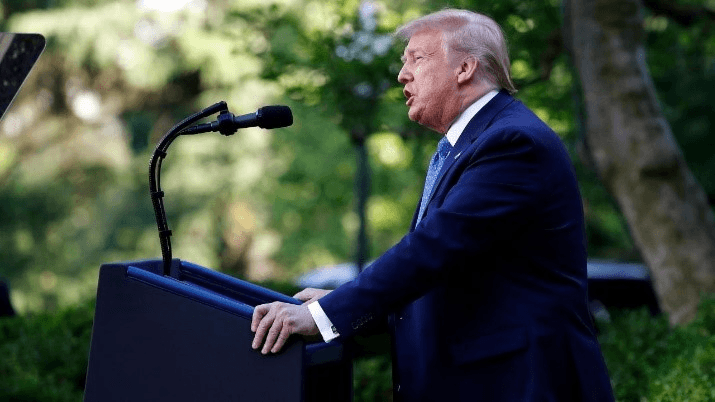
What is Section 230?
- Article •
- 5/2/2020
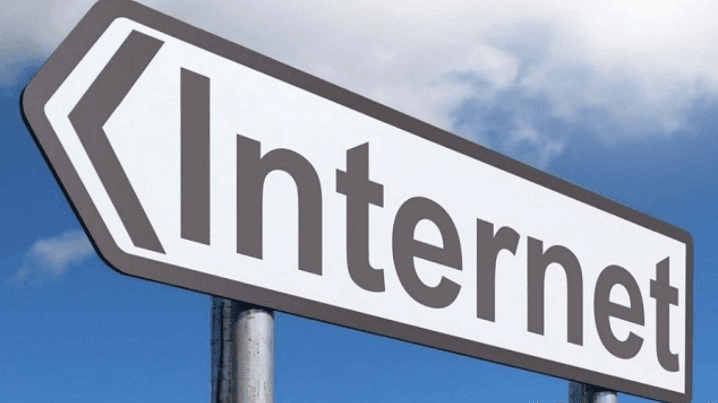
What is “Section 230,” and why do so many lawmakers want to repeal it?
- Article •
- 11/16/2020

Accusations of Social Media “Election Interference” Put Online Speech at Risk
- Other •
- 9/15/2020
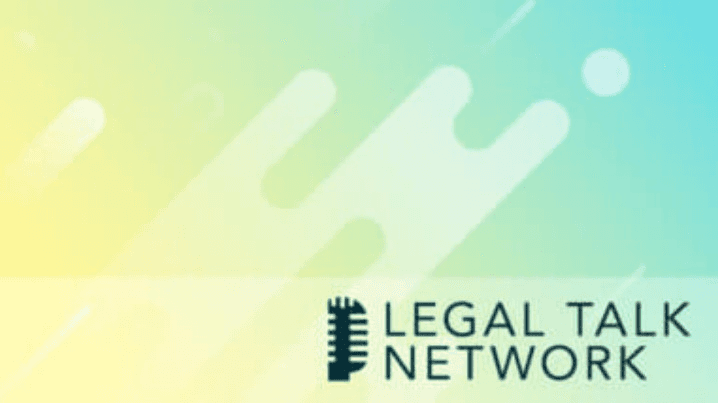
Section 230
- Podcast •
- 10/6/2020
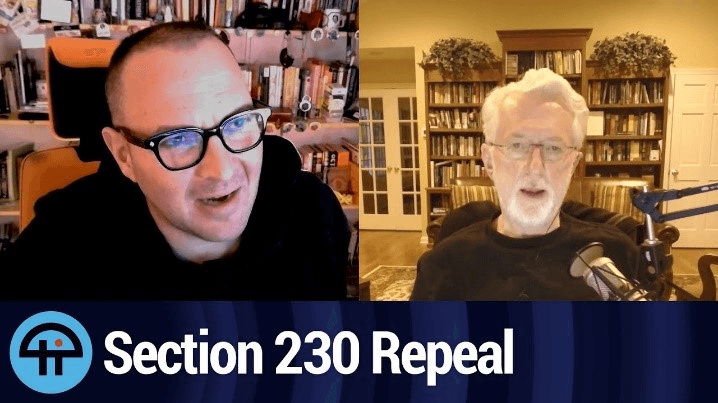
Potential Impact of Section 230 Repeal
- Video •
- 9/15/2021
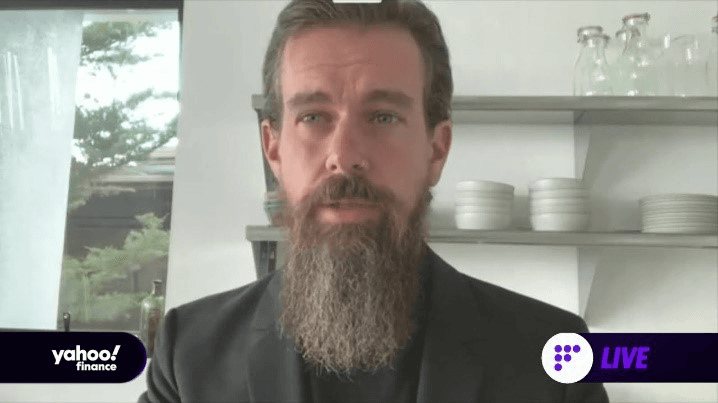
Senator Ted Cruz (R-TX) presses Twitter CEO Jack Dorsey on Capitol Hill on content blocking
- Video •
- 10/17/2020
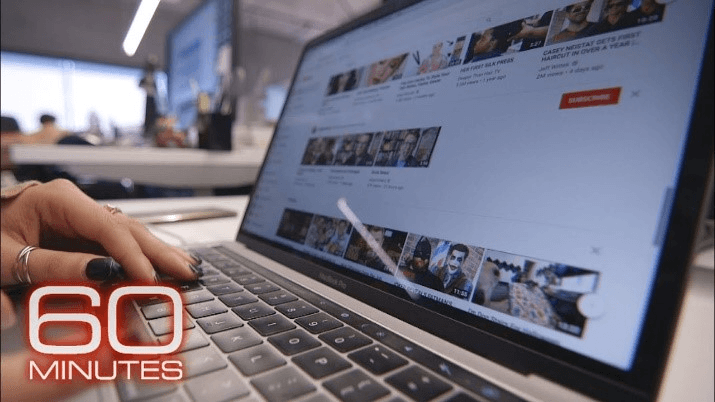
YouTube CEO Susan Wojcicki and the debate over Section 230
- Video •
- 11/1/2019
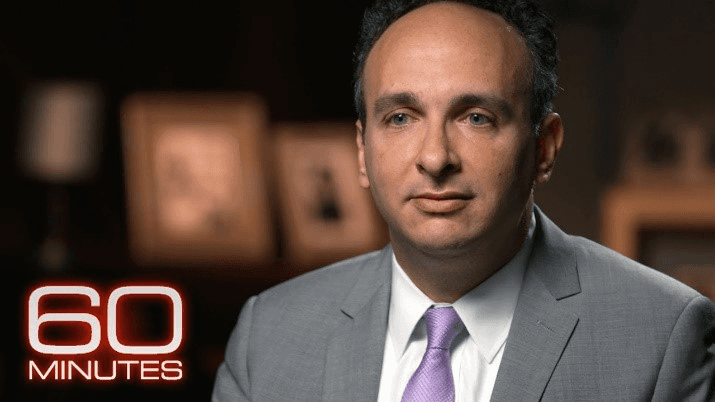
The History of Section 230
- Video •
- 0/3/2021
